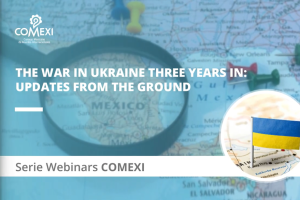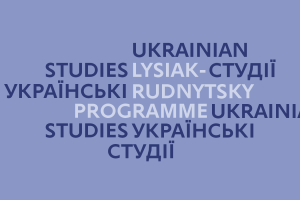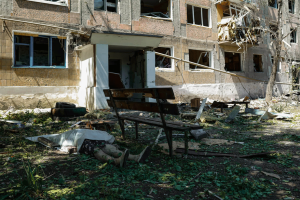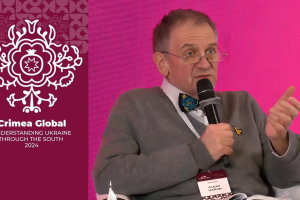15th Ukrainian Breakfast in Berlin: discussion on current state of affairs in the field of conflict-resolution in Donbas
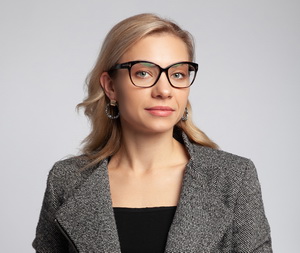
Maria Zolkina,
political analyst at the Ilko Kucheriv Democratic Initiatives Foundation
Institut für Europäische Politic in Berlin has organized this week one of it’s well-known discussion meetings, Ukrainian Breakfast. This time we have rather hot and, that is why, impressive dispute on current state of affairs in the field of conflict-resolution in Donbas, opportunities or risks arising from various scenarios of resolution, acceptability of certain compromises options, and general political landscape for desired Normandy Four meeting.
As everything was based on a Chatham House rules, I can share only general impression and ideas about the feedback from the audience.
- General interest to the issues is again rather high due to initiatives of Pr.Zelrnskuy;
- there is no “single” opinion on current situation in the conflict resolution field. This signal was rather positive one, though it could be valid only for this precise audience. Thus, someone claims that Ukraine hasn’t done anything risky (withdrawal of forces, Steinmeier formula) and all those initiatives on the ground are successful and we don’t have significant problems with their implementation.It is interesting, this position presupposes that UA has to move forward by showing new and new attempts to set compromises with Russia. Defenders of this point of view think, that in this case UA will loose nothing, and at the same time will make it unavoidable for Russia to react somehow.
- There was other position, which was based on the statement Ukraine had already done enough to set up the meeting with Russia, and to show its willingness for compromises.Any other steps, made only by Ukrainian side won’t be logical. Moreover, Russia might be not interested in Normandy Four meeting at all,and might be bargaining with Zelenskuy in order to receive as many concessions from him before meeting as possible.
One of my general impressions is that even highly aware of “our case” audience still lack understanding of how everything organized on the ground. As of now in the light of “ground” Initiatives (I mean pull back of the military forces) this understanding becomes of vital importance. Thus, I have devoted significant part of my discussion with the audience to explanation on what was and still going on in Stanytsya, Zolote, how SMM OSCE works in this conditions, How withdrawal of forces looked like and so on and so far.
So, my advice to our colleagues having similar meeting and discussions, is to go deeper into details, using public opinion and statistical data,and concrete arguments “from the bottom” level.





